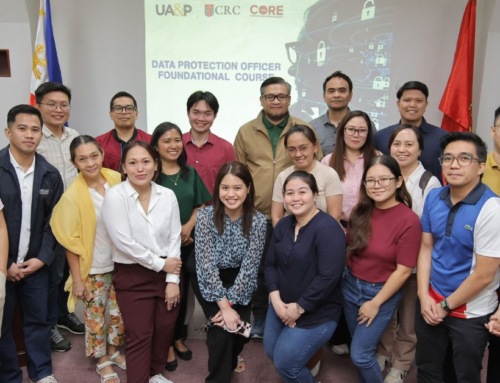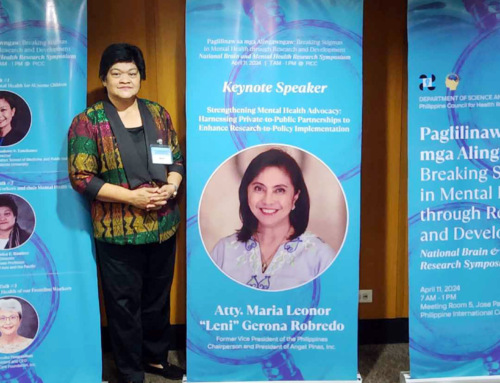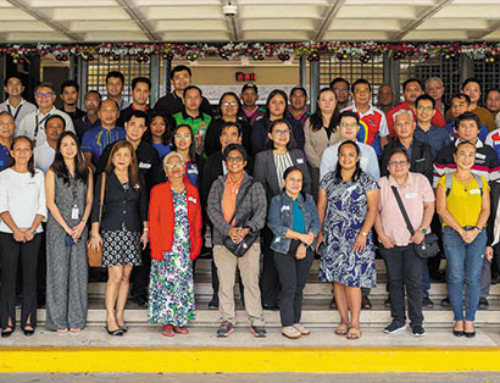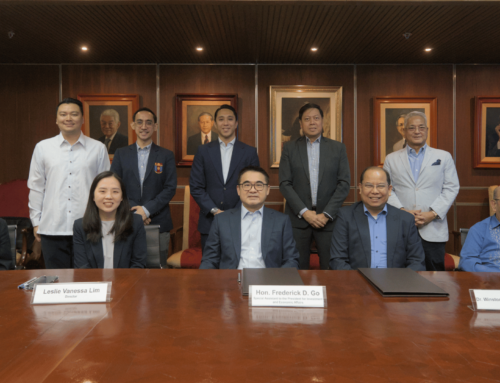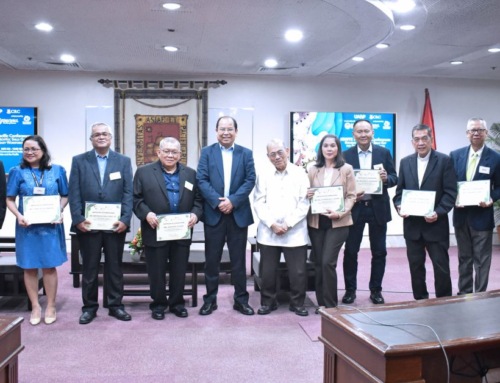ORTIGAS, Pasig — Last July 2, 2020, the International Cooperative Alliance Asia Pacific (ICA-AP) hosted a webinar on “Waking the Asian Pacific Cooperative Potential” which extensively discussed the background and vision of the newly published book of the same title. The webinar was moderated by ICA-AP Regional Director Mr. Balu Iyer, and was attended by various cooperators and researchers across the globe.
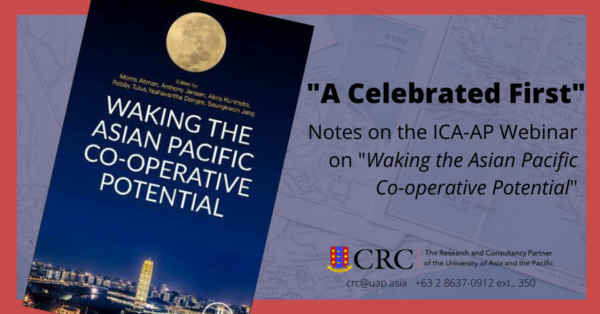
“A Celebrated First”
The book is the first ever comparative research on the Asian co-op model, and is a result of a five-year research project spearheaded by Dr. Anthony Jensen of the University of Newcastle in Australia and members of the Asia Pacific Co-operative Research Conference. It has twenty-three case studies contributed by thirty-four academics across eleven countries from all over the region, including two chapters by the Professorial Chair for Social Economics research initiative. The PC-SE is currently chaired by Dr. Bernardo M. Villegas, who is also the Research Director of the Center for Research and Communication.
The Genesis of the Book
To start the presentations, Dr. Anthony Jensen shared the genesis of the book along with theoretical insights he came across during the five-year research project. The fundamentals of the book came about due to the lack of research and data on the contribution of co-operatives to society and their impact on economic solutions across the AP region. Dr. Jensen highlighted, “Co-operatives are not visible in the Asian political, academic, and business scene as governments lack statistics and case studies of successful co-operatives…There is a need to explore the prospects for a uniquely Asian scholarship separate from the hegemony of European influence.” Due to inconsistency of co-op formation in AP region, the researchers adopted an “Asian First” case study methodology. To which, they argue that “Revisionism is a Fresh Start for Asia” – a new approach of repositioning co-ops possessing competitive advantage and developmental capabilities for a sustainable future.
“Why the Asian Pacific Cooperative Potential?”
“Why the Asian Pacific Cooperative Potential?” is the main question posed by Prof. Akira Kurimoto of Hosei University, Tokyo in his presentation. Prof. Kurimoto described the Asian Pacific context of co-operatives by tracing the global history of Asian-Pacific co-ops. Further, he discussed the changing environment and recent development trends affecting AP co-ops. He recommended that there is a need to identify co-op models to wake AP co-operative potential by establishing reliable statistics and database on co-op legislation and policies, mapping and showcasing best practices, networking among researchers, and building linkage between co-op practice and co-op studies at local, national, and regional levels.
Youth, Women, and Workers for Future Co-op Development
Following Prof. Kurimoto’s talk, Dr. Yashavantha Dongre of the University of Mysore India, presented the “Role of Youth, Women, and Workers for Future Co-op Development in Asia Pacific.” He shared the challenges for future development of co-ops in the AP region, such as disincentivizing growth of autonomous co-ops, lack of conducive legislative and policy support, and issues of member participation. He recommended promoting new membership in the sector by infusing dynamism and creating space for the youth, increasing women participation for cooperatives to be inclusive enterprises, and encouraging worker ownership amidst the growing private sector domination. Dr. Dongre also emphasized the importance of mutuality – co-ops help youth, youth help co-ops; co-ops space for women, women help co-ops; and, co-ops for workers, workers for co-ops.
Moving Forward
Ex-ICA AP Regional Director Robby Tulus delivered the last presentation on “Moving Forward: With New Co-operative Development Approaches (NCDA) in Asia Pacific.” He shared important takeaways moving forward, such as the creation of new co-op development approaches in waking the great co-op potential in the region with: improving data collection, developing spin-offs of traditional co-op sectors into new contemporary models, and optimizing digital technology through platform co-ops based on co-op values and principles. He also expressed that it is vital to leverage on the validity of UN-SDGs as frame of reference for NCDA, such as by expanding networks and partnerships with the Statem CSOs, and IOFs, guided by SDG Goal #17.
COVID-19 Pandemic: Trigger to NCDAs
Notable points in Mr. Tulus’ presentation is the discussion on COVID-19 pandemic which was viewed as a trigger to new co-op development approaches. The pandemic created the scenario wherein the offline to online work transformation generates wider participation and inter-dependencies among co-operators beyond borders, which in turn, promotes the inherent co-operative value of solidarity and mutual aid. It is also important to note that the pandemic opens new doors in the field of co-op research by studying transversal themes, intensifying comparative studies in Asia Pacific scholarship, developing new tools for practitioners, and encouraging emergence of new young scholars.
Co-ops Resiliency in the Post-Pandemic Era
Closing the webinar, the speakers call for the urgent need to wake the great co-op potential in the post-pandemic era. The critical lessons from the case studies in the book are viewed to be relevant as they revealed that co-op resiliency combats uncertainty, and promotes growth amidst heightened free market liberalism and diverse cultural realities. • | CFG Buday || with RE de Leon, CRC.
———————————————
The Center for Research and Communication is a research and consultancy group that partners with the University of Asia and the Pacific (UA&P), drawing upon UA&P’s considerable human and knowledge resources to meet the research needs of businesses and development agencies throughout the Philippines. To find out more about CRC, you can reach Mr. De Leon by email at [email protected], or through [email protected].

